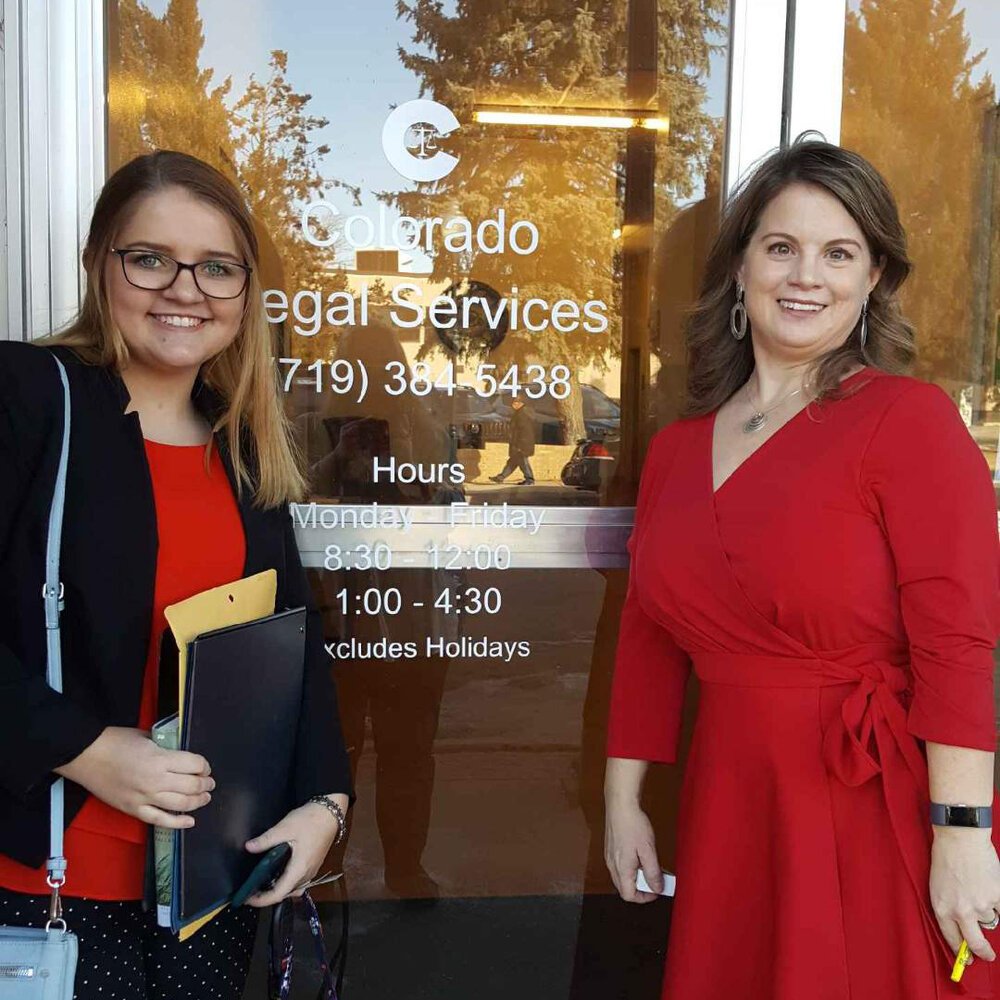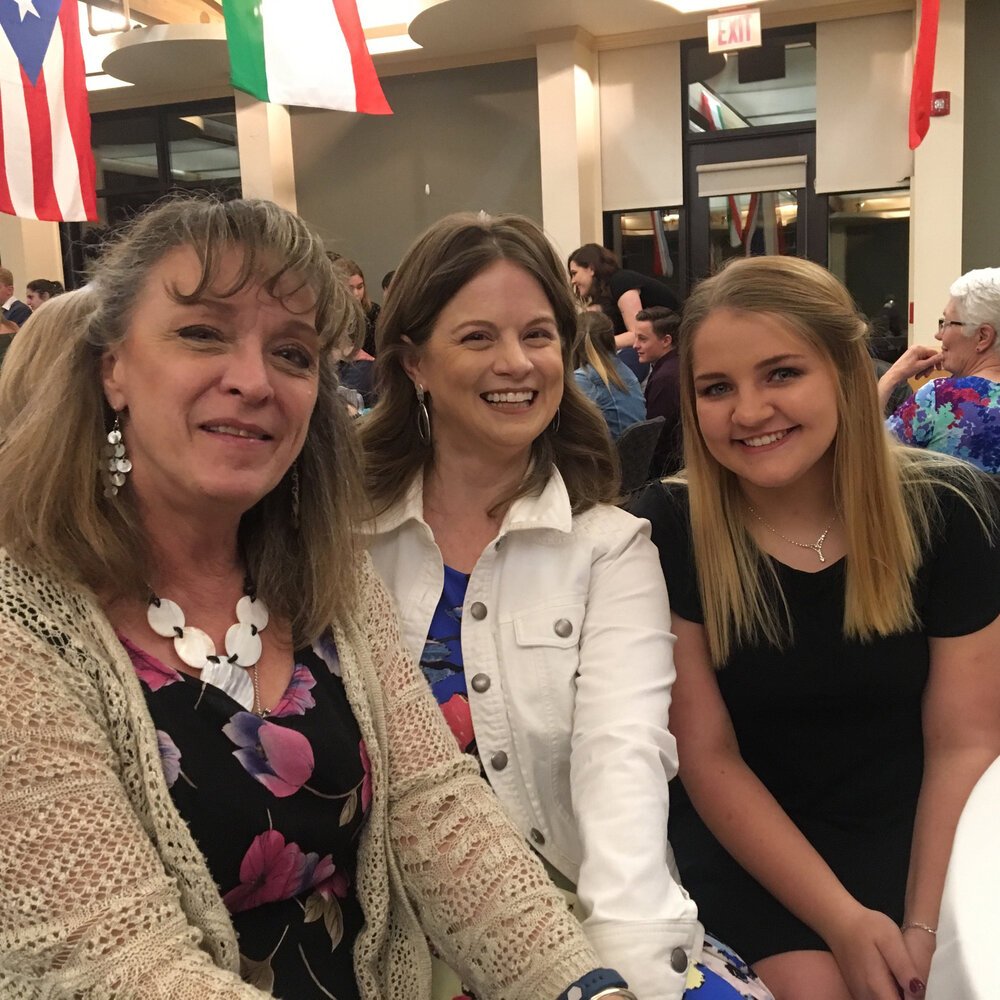Innovative Water Technologies partners with La Junta Intermediate 6th Grade to solve Real World Problems
/Puerto Rico experienced massive destruction from hurricane Maria in 2017 and a local company responded. Homes, businesses and schools were destroyed resulting in limited fresh water, no electricity, minimal communication and impassable roads.
Innovative Water Technologies of Rocky Ford responded to the crisis by sending Cisco Perez, Project Manager along with a few of his co-workers, to assist in providing fresh water to the traumatized Puerto Rico residents. Providing this type of practical aide is common for Jack Barker, Founder and President of Innovative Water Technologies and his committed employees.
Based on his work during hurricane Maria, Perez worked with La Junta Intermediate School 6th grade science teacher Marty Roberson to transform his experience into an opportunity for students to learn from the real world problem scenario. The community business/educator team met and worked out a plan during a training session led by the Ohio based Building Bridges to Careers and facilitated by the Santa Fe Trail BOCES as part of the work of the Colorado Rural Education Collaborative.
The agreed upon learning experience would require Perez to make three classroom visits: one to present the problem, one to listen and assist with the brain storming as students worked to solve the problem and the final visit to listen to the student’s problem solving presentation.
The idea behind the Real World Problem Scenarios is to present 5th -12th grade students with real problems to solve as collaborative teams – skills in high demand in today’s workplace. The problem presented to the La Junta 6th graders was described as: “Puerto Rico was hit by hurricane Maria in 2017, leaving a school without water and electricity.”
The first problem the students teams were asked to solve was how to build a hurricane proof structure. The student teams were given popsicle sticks, playdough and a base. Mrs. Roberson simulated hurricane Maria using a room fan and a cup of water. Most structures were destroyed by “Maria” but a few actually weathered the storm. The 6th graders then talked about what made some of the structures hurricane proof.
The second problem the teams were asked to solve was to create a water filtration system using a liter bottle and a variety of household items. Items provided included netting, cotton batting, cheese cloth, felt, cotton material, craft sand, and pebbles. The student teams designed their filtration systems on paper and then constructed and tested them. Students learned that what they considered undrinkable water is actually the only water that many children in the world have to drink. The teams’ best efforts did not produce clean, clear, safe drinkable water.
To add to the problem-based learning experience, Innovative Water Technologies, along with DeBourgh Manufacturing, Falcon Industries, Lewis Bolt & Nut, Oliver Manufacturing, and the Southeast Health Group, participated in the Advanced Manufacturing tours for the Santa Fe Trail BOCES 6th, 7th & 8th grade students held on January 23, 24. While tours have been in place since 2014, this year’s tour of IWT was special, as the La Junta 6th graders brought their own filtration systems to test while at the IWT headquarters.
Perez explained how the IWT SunSpring water filtration system works and that each SunSpring can purify 40,000 bottles of clean water every day. Under the watchful eye of Jack Barker, Cisco and the IWT team, the students demonstrated their water filtration systems. This was the perfect time to explain how the SunSpring and its patented solar powered water filtration system makes water safe to drink.
The teams of students listened to filtration improvement suggestions, worked on a redesign, brainstormed household items that could be used to improve their liter bottle system and were anxious to get back to the classroom to try once again to solve the problem.
Mrs. Roberson, Perez and the IWT team agreed that this was the most engaged 6th grade class they have hosted. The real world problem solving assisted the students in understanding how water is filtered and why it is so important. The tour was no longer just a field trip, but connected classroom learning to career opportunities. Perez plans to return to the classroom in February for the students to present their redesigned systems.
The Real World Problem Scenarios is part of a two year Pathway to Prosperity grant offered to the Santa Fe Trail BOCES by the Colorado Rural Education Collaborative partners Battelle for Kids and Generation Schools Network along with the Marietta Ohio based Building Bridges to Careers and funded by the Daniels Fund. The Real World Problem Scenarios is only a part of the grant that honors entrepreneur exposure, student internships and plans for business succession opportunities.
If you would like to participate in a real world problem solving scenario with students, host an intern or need to work on a business succession plan, please contact Jennifer Nesselhuf @ jennifer.nesselhuf@sftboces.k12.co.us.





